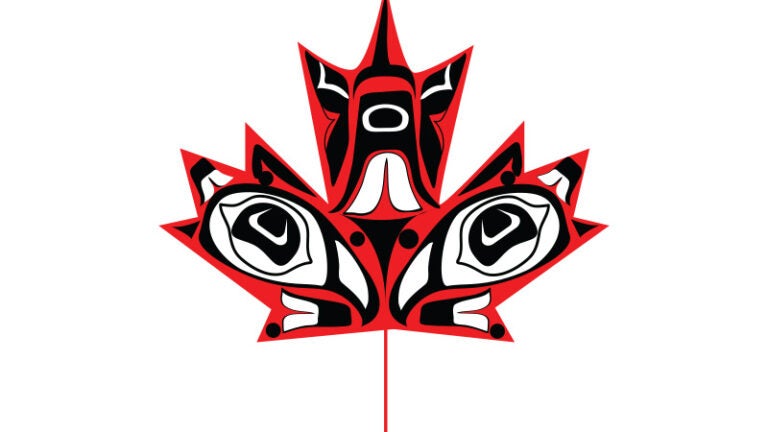
In My Opinion: Youth to Power
Canada is kind to immigrants like me. Canada’s citizens have fought hard, and successfully, to acquire a rich repertoire of social and economic rights. We have universal health care, free public schooling, a respect for diversity and much more.
And yet, there is one incredible failing that Canada is just beginning to confront: the oppression of its indigenous peoples. This oppression manifests itself in myriad ways, the most unbearable of which is the epidemic of suicide among children and youth.
As I write this piece, a spate of suicides has gripped Pikangikum and Wapekeka, two First Nations communities in Ontario. This year has already seen 20 take their own lives; the youngest of them was only 10 years old.
In April 2016, Attawapiskat declared a state of emergency after 100 people, including children, attempted suicide during the preceding seven months.
Why would young people in a country like Canada feel the need to take their own lives?
The answers lie in the enduring effects of settler colonialism and racism. Take for example the residential school system, where indigenous children were separated from their parents and subjected to a harsh system of cultural assimilation. This happened to 150,000 children from the 1870s to 1996, when the last school closed. Theirs was a childhood of complex trauma that continues to affect multiple generations.
Canada’s indigenous peoples face deprivation on all fronts: hunger, food insecurity, lack of clean water, inadequate housing, dilapidated infrastructure, unemployment, isolation, and so on. In sum, it is a situation that structurally and relentlessly instills profound despair and misery.
Not surprisingly, suicide rates among indigenous Canadians are far higher than among nonindigenous Canadians. Rates for Inuit youth are among the highest in the world, at five to 25 times the national average. Indigenous peoples are hugely overrepresented among children in foster care, the imprisoned and the homeless. And women are worse off — on almost every count.
The human spirit, however, remains invincible; the youth, in particular, manage to chart a path against all odds.
As Attawapiskat declared an emergency following the multiple suicides, several young leaders in the community established a Youth Committee to help ignite a sense of hope and belonging.
Jack Linklater Jr., a 17-year-old member of this committee, organized and led a suicide awareness walk with friends in neighboring reservations. They strode through frozen country for two days in minus 25 degrees Celsius weather to foster conversations among youth in despair.
The human spirit, however, remains invincible; the youth, in particular, manage to chart a path against all odds.Ruth Kaviok, 19, president of the National Inuit Youth Council, is another such leader. “I know we are scarred for life,” she said, “but we must keep going … not let [the past] go, but keep going.”
Attawapiskat is the birthplace of Shannen’s Dream, a movement started by Shannen Koostachin, an elementary school student. Koostachin inspired thousands of children to join her campaign for “safe and comfy schools” and equity in education for all children. Indeed, the inequality in educational opportunities is staggering. In 2004, the auditor general of Canada estimated that it would take almost three decades to close the education gap between First Nations people living on reservations and Canadians as a whole.
Koostachin, who was nominated for the International Children’s Peace Prize in 2009, died in a car accident at 15. But she laid the foundations for a new school in her community, which opened in 2014.
Canada, unfortunately, is not the only country where injustices exist for native populations. In August, we celebrated the 10th anniversary of the United Nations Declaration on the Rights of Indigenous Peoples. Now is an opportune moment for each of us, as global citizens, to begin to act — wherever we are, in whatever way we can — for justice.
Ananya Mukherjee-Reed earned a Ph.D. in political economy and public policy from USC Dornsife in 1995. She currently is dean of the faculty of liberal arts and professional studies, and professor of political science at York University in Toronto, Canada, serving 22,000 students at the country’s third largest university.
Read more stories from USC Dornsife Magazine’s Fall 2017-Winter 2018 issue >>